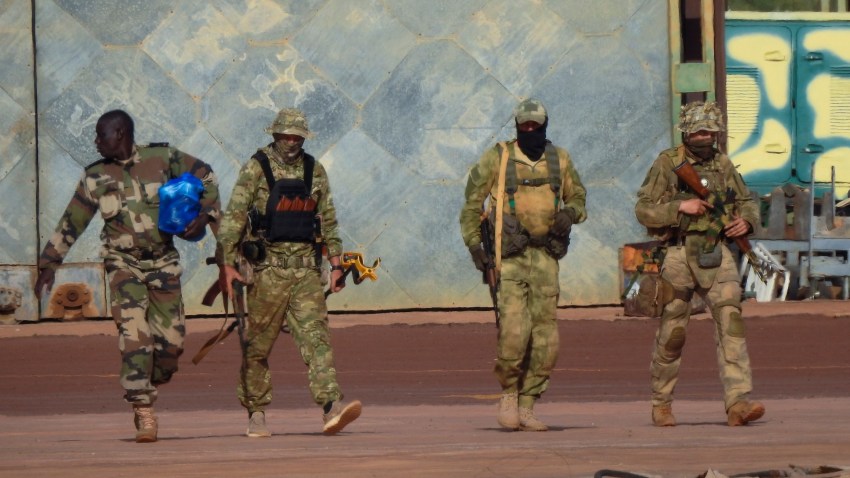As more communities in Mali fall under the control of a burgeoning insurgency, the country’s government finds itself struggling to assert the remnants of its authority. Various extremist groups are increasingly expanding their reach, even launching attacks on Malian military bases within 10 miles of Bamako, Mali’s capital city. With every month that the insurgency continues, the gradual erosion of state power becomes more visible. More than a decade since a French military intervention turned the tide against an insurgent offensive, Mali faces a renewed prospect of state collapse.
This slow-motion disaster involves a mix of extremist groups, including the al-Qaida-aligned Jama’at Nasr al-Islam wal Muslimin, or JNIM, and others loyal to the Islamic State affiliated Islamic State in the Greater Sahara, or ISGS. And after a decade of war has further undermined economic development and social cohesion, the difficulties faced by the Malian state are unfolding at a time when it is experiencing even greater stress than in the run-up to the armed rebellions that nearly overwhelmed the government in 2012.
After almost a decade of faltering counterinsurgency efforts, the relationship between Mali’s ruling junta headed by Col. Assimi Goita and France—Mali’s former colonial ruler—has fallen apart following two military coups in less than a year that reflected widespread public frustration over worsening insecurity across the country. The withdrawal of French troops from Mali in August 2022, amid hostility from Bamako, marked the ignominious end of a vast counterterrorism footprint in Mali that included armed forces of other European Union states, as well as a large United Nations peacekeeping mission that Paris presented as an example of successful counterinsurgency operations only a few years before.

